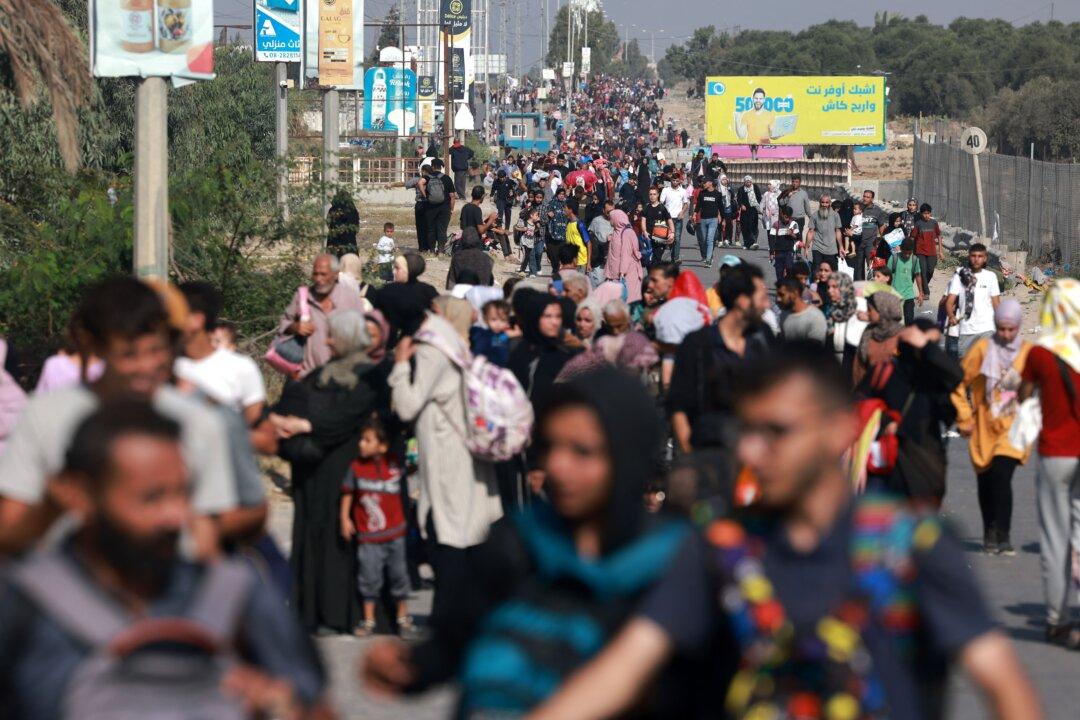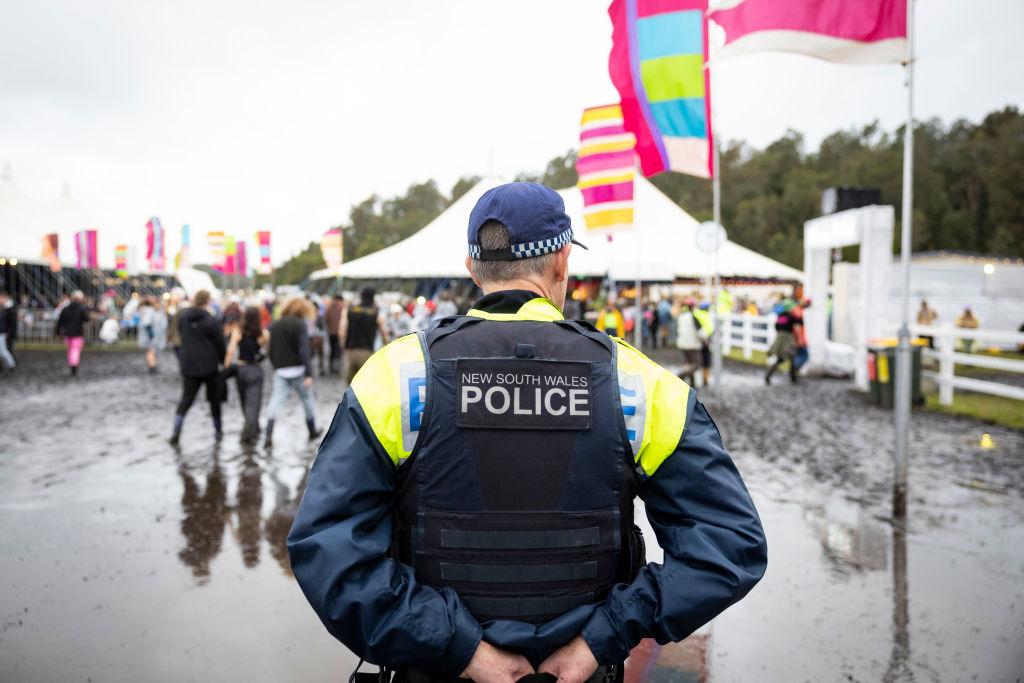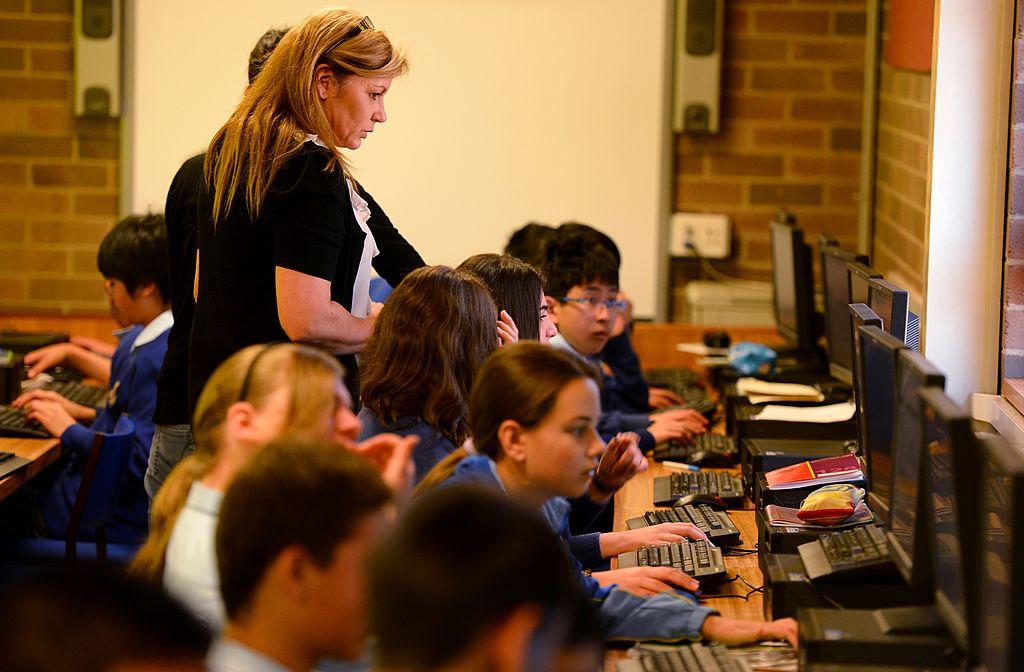Prime Minister Anthony Albanese has spoken with Palestinian Authority leader Mahmoud Abbas about the need to protect civilians in Gaza.
Mr. Albanese, in the Cook Islands for the Pacific Islands Forum, told Mr. Abbas of the need to uphold international law and reaffirmed Australia’s support for a two-state solution.





